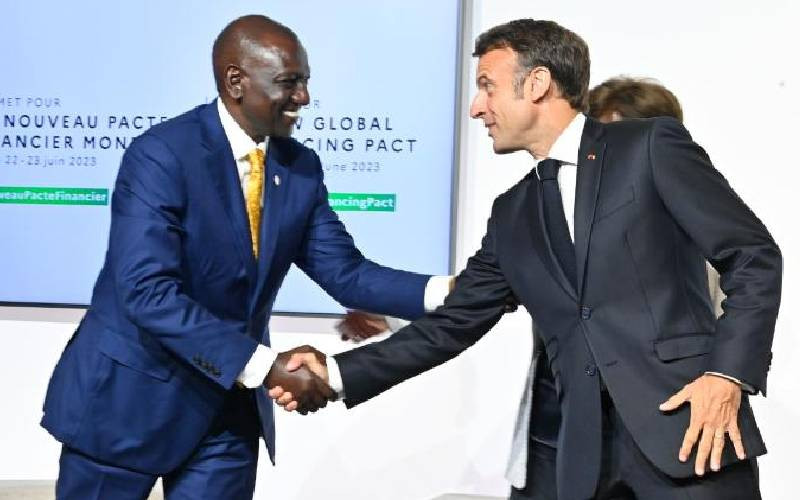×
The Standard e-Paper
Join Thousands Daily

The finance summit held in Paris, France this week is a turning point for African countries.
For decades, the nations have been carrying begging bowls to rich countries seeking aid and development assistance. But resolutions passed in Paris seek to make the continent an equal partner in resolving challenges facing the globe.